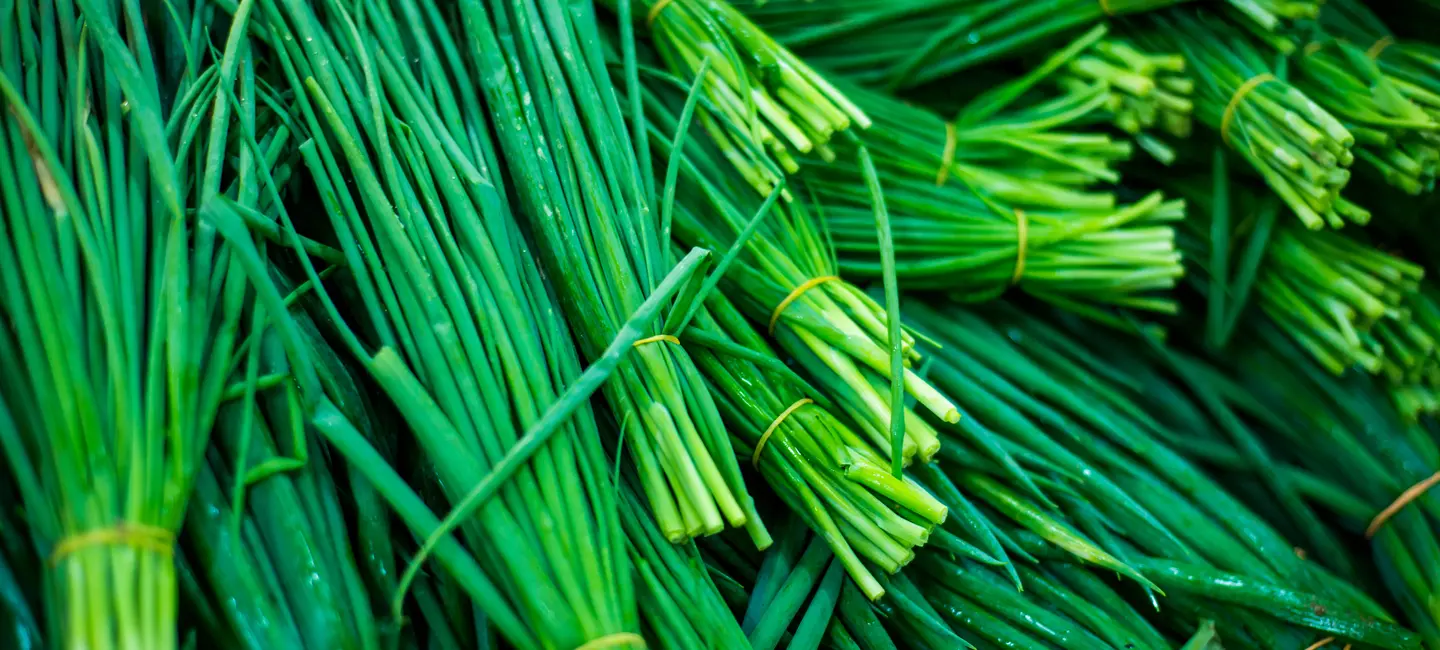
Chive is an herb. The parts that grow above the ground are used to make medicine.
People take chive to expel parasitic worms and to reduce the risk of cancer.
In foods, chive is used commonly for flavoring.
Is It Effective?
NatMed Pro rates effectiveness based on scientific evidence according to the following scale: Effective, Likely Effective, Possibly Effective, Possibly Ineffective, Likely Ineffective, Ineffective, and Insufficient Evidence to Rate.
- Cancer.
- Colds and flu.
- High blood pressure.
- Removing parasitic worms.
- Other conditions.
More evidence is needed to rate the effectiveness of chive for these uses.
Is it Safe?
Chive contains chemicals. In the lab, some of these chemicals seem to kill cancer cells or slow down how quickly they grow. Chemicals in chive might also help to lower blood pressure.
When taken by mouth: Chive is LIKELY SAFE for most people in food amounts. But there isn't enough reliable information to know if taking chive in the amounts found in medicine is safe or what the side effects might be. Taking too much chive can cause an upset stomach.
When applied to the skin: There isn't enough reliable information to know if chive is safe when applied to the skin. It might cause side effects such as allergic skin reactions in some people.
Special Precautions & Warnings:
Pregnancy and breast-feeding: When taken by mouth, chive is safe in the amounts commonly found in food. But there isn't enough information to know if it is safe in the larger amounts that are used as medicine. Stay on the safe side and stick to food amounts if you are pregnant or breast-feeding.
It is not known if Chive interacts with any medicines. Before taking Chive, talk with your healthcare professional if you take any medications.
There are no known interactions with herbs and supplements.
There are no known interactions with foods.
The appropriate dose of chive for use as treatment depends on several factors such as the user's age, health, and several other conditions. At this time there is not enough scientific information to determine an appropriate range of doses for chive. Keep in mind that natural products are not always necessarily safe and dosages can be important. Be sure to follow relevant directions on product labels and consult your pharmacist or physician or other healthcare professional before using.
Ail Civette, Allium schoenoprasum, Allium sibiricum, Cebollín, Cebollino, Chives, Ciboulette, Cives, Civette, Kashmiri Garlic, Snow Mountain Garlic.
Information on this website is for informational use only and is not intended to replace professional medical advice, diagnosis, or treatment. While evidence-based, it is not guaranteed to be error-free and is not intended to meet any particular user’s needs or requirements or to cover all possible uses, safety concerns, interactions, outcomes, or adverse effects. Always check with your doctor or other medical professional before making healthcare decisions (including taking any medication) and do not delay or disregard seeking medical advice or treatment based on any information displayed on this website.
© TRC Healthcare 2024. All rights reserved. Use and/or distribution is permitted only pursuant to a valid license or other permission from TRC Healthcare.
